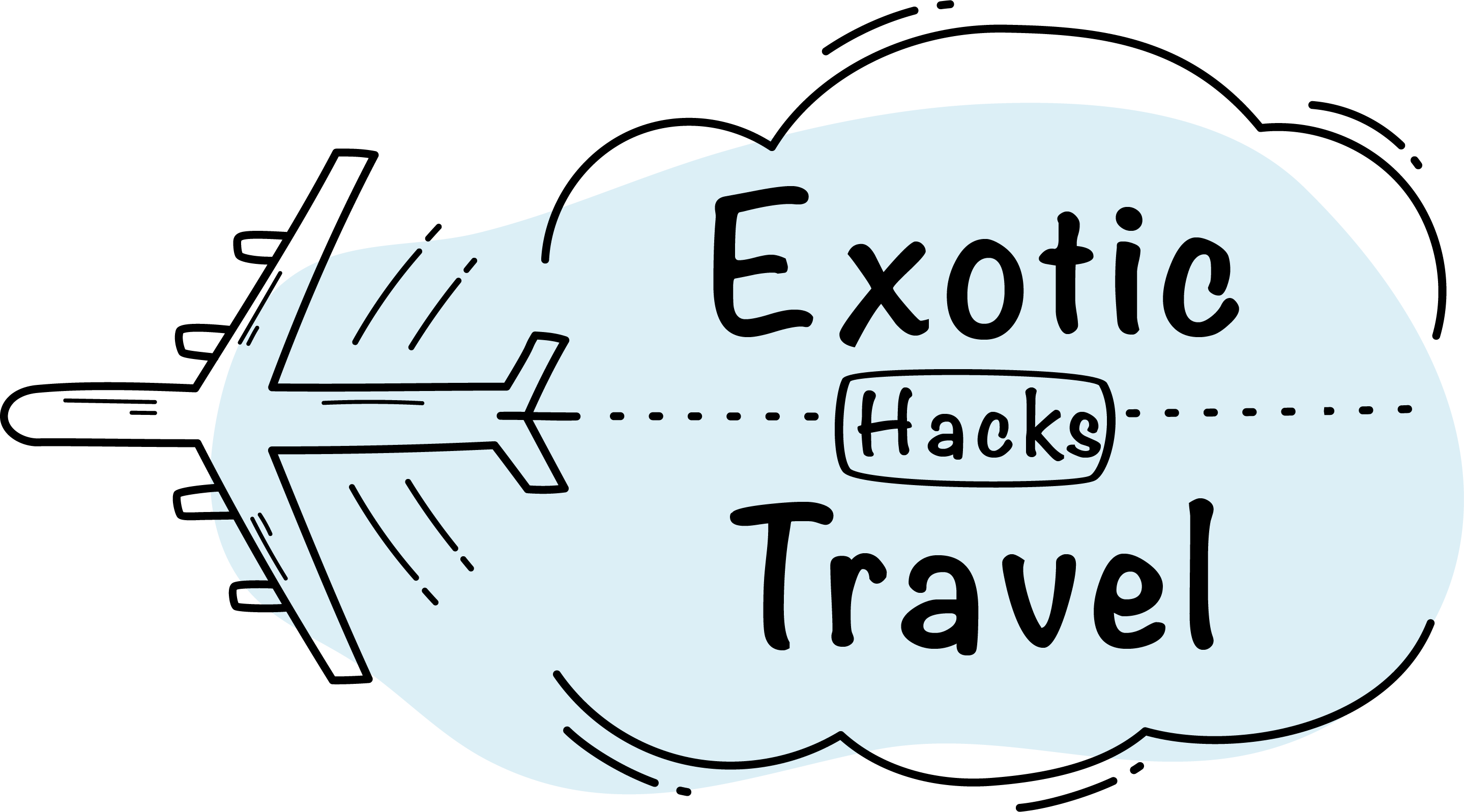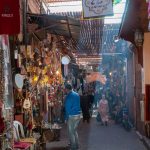Table of Contents
After moving to Japan with zero preparation and experiencing every stage of culture shock imaginable, I’ve learned how to navigate the emotional rollercoaster that comes with deep cultural immersion. Here’s your honest guide to handle culture shock in Asia – no sugar coating, just practical wisdom from someone who’s been through it all.
The Reality of Arrival
That first blast of humidity at the airport isn’t just weather – it’s your first taste of a completely different world. The sensory overload is real: unfamiliar smells, incomprehensible signs, and a sudden feeling of illiteracy. I remember standing in Tokyo Station, surrounded by a sea of Japanese characters, feeling like I’d landed on another planet. The key is to accept this initial overwhelm – it’s normal and temporary.
The first 24 hours are crucial. Don’t make any major decisions or judgments. Your brain needs time to adjust to the new environment. Simple tasks like finding your hotel or getting a local SIM card can feel insurmountable. I now follow a strict “first-day protocol”: get local currency, find my accommodation, locate the nearest convenience store, and then rest – no matter how excited I am to explore.
The Honeymoon Phase Trap
The first few days can feel magical. Everything is exciting, different, and Instagram-worthy. But don’t let this initial euphoria fool you – it’s setting you up for a crash. Use this energy productively: learn basic phrases, figure out local transport, and establish a routine while your enthusiasm is high. In Bangkok, I wasted my honeymoon phase taking photos of every street food stall instead of learning how to actually order from them.
Channel this initial excitement into practical skills. Write down everything that confuses or fascinates you – these notes will be valuable later when the novelty wears off. Take photos not just of the beautiful things but of practical necessities: your hotel’s location, nearby landmarks, local product labels you might need to recognize later.
The Communication Breakdown
You’ll hit a wall where simple tasks become mountainous challenges. Ordering food, giving directions, or buying toiletries can trigger unexpected frustration. Create a ‘survival kit’ of translated phrases and pictures on your phone. When I couldn’t explain to a Japanese pharmacist that I needed cold medicine, a pre-saved photo of the symptoms saved me.
This phase often triggers the deepest feelings of isolation. You might find yourself avoiding interactions altogether, opting for convenience stores over restaurants just to avoid the anxiety of miscommunication. Combat this by:
- Learning one new local phrase each day
- Practicing with low-stakes interactions (convenience store purchases, simple greetings)
- Finding language exchange meetups
- Using translation apps for complex conversations
- Carrying a small notebook for drawing or writing when words fail
The Digital Navigation Crisis
In Asia, your familiar apps might not work. Google Maps can be unreliable in certain regions, Facebook is blocked in China, and payment systems you rely on might be useless. Prepare by:
- Setting up a VPN before arrival
- Downloading local navigation apps (like Baidu Maps for China)
- Learning local payment systems (WeChat Pay, LINE Pay)
- Having offline maps and translation capabilities
- Keeping screenshots of important addresses in the local language
This digital adjustment often triggers its own form of culture shock. The apps and platforms that make up your digital routine might need to be completely replaced. In China, I had to rebuild my entire digital life around WeChat, Alipay, and Didi – a process that took weeks to feel natural.
The Food Reality Check
Asian cuisine isn’t just your local takeaway with better scenery. Your stomach needs time to adjust. Start gentle – don’t dive into street food on day one. Find a few safe, simple dishes you can reliably order. My first month in Seoul, I had a “safety” restaurant where I knew exactly what to order when everything else felt overwhelming.
The Routine Revolution
Establishing a routine is your anchor. Find a regular breakfast spot, a familiar walking route, a local convenience store. In Tokyo, my daily visit to the same coffee shop became crucial for my mental health – that one predictable interaction grounded my otherwise chaotic days.
The Bathroom Situation
Let’s be honest – Asian bathrooms can be a shock. From squat toilets to different hygiene practices, this is often where culture shock hits hardest. Always carry tissues and hand sanitizer. Know which major hotels and malls have Western-style facilities for your comfort breaks.
The Personal Space Adjustment
Asian concepts of personal space differ dramatically from Western norms. Crowded trains in Mumbai, people asking personal questions in Vietnam, or constant physical contact in busy Chinese markets – it’s overwhelming at first. Practice deep breathing and remember it’s not personal.
The Time Perception Shift
“Asian time” is real. Meetings in Indonesia might start an hour late. A “quick lunch” in Thailand could take three hours. Fighting this will only frustrate you. Build buffer time into your schedule and embrace the different pace.
The Face-Saving Culture
Understanding “face” in Asian cultures is crucial. Direct confrontation or public criticism isn’t just rude – it’s culturally devastating. When my Chinese colleague seemed to agree to everything only to do something completely different, I learned that “yes” doesn’t always mean yes.
The Social Media Disconnect
Social media becomes both a blessing and curse. It’s your connection to home but can also deepen your sense of isolation. Set specific times for checking social media. Don’t spend hours scrolling through friends’ lives back home when you should be experiencing your new environment.
The Homesickness Reality
You will get homesick, and it won’t hit when you expect. Have comfort strategies ready: downloaded episodes of your favorite show, comfort snacks from home, scheduled video calls with family. When I broke down in a Hong Kong 7-Eleven because they didn’t have my favorite chips, I realized I needed better coping mechanisms.
The Identity Crisis
You’ll question everything – your values, beliefs, and cultural assumptions. This is good. Let it happen. Some of your most significant personal growth will come from these moments of cultural dissonance. My understanding of the community completely transformed after living in a Japanese neighborhood.
The Local Understanding
Not every local person wants to be your cultural guide. Respect people’s time and personal boundaries. Build genuine relationships slowly. The fruit vendor who eventually taught me how to pick perfect mangoes in Bangkok became a friend because I was a regular customer first.
Making It Work
Culture shock isn’t something to avoid – it’s part of the journey. The key is recognizing its phases and having strategies ready. Remember: discomfort means you’re learning. Ready to embrace the challenge of true cultural immersion?

I’m Garrett, a seasoned photojournalist with a passion for uncovering the world’s hidden treasures. My journey is fueled by a deep curiosity for diverse cultures and breathtaking landscapes. When I’m not behind the lens capturing the world’s wonders, you can find me exploring underwater realms or sharing my passion for discovery with my two adventurous children.




